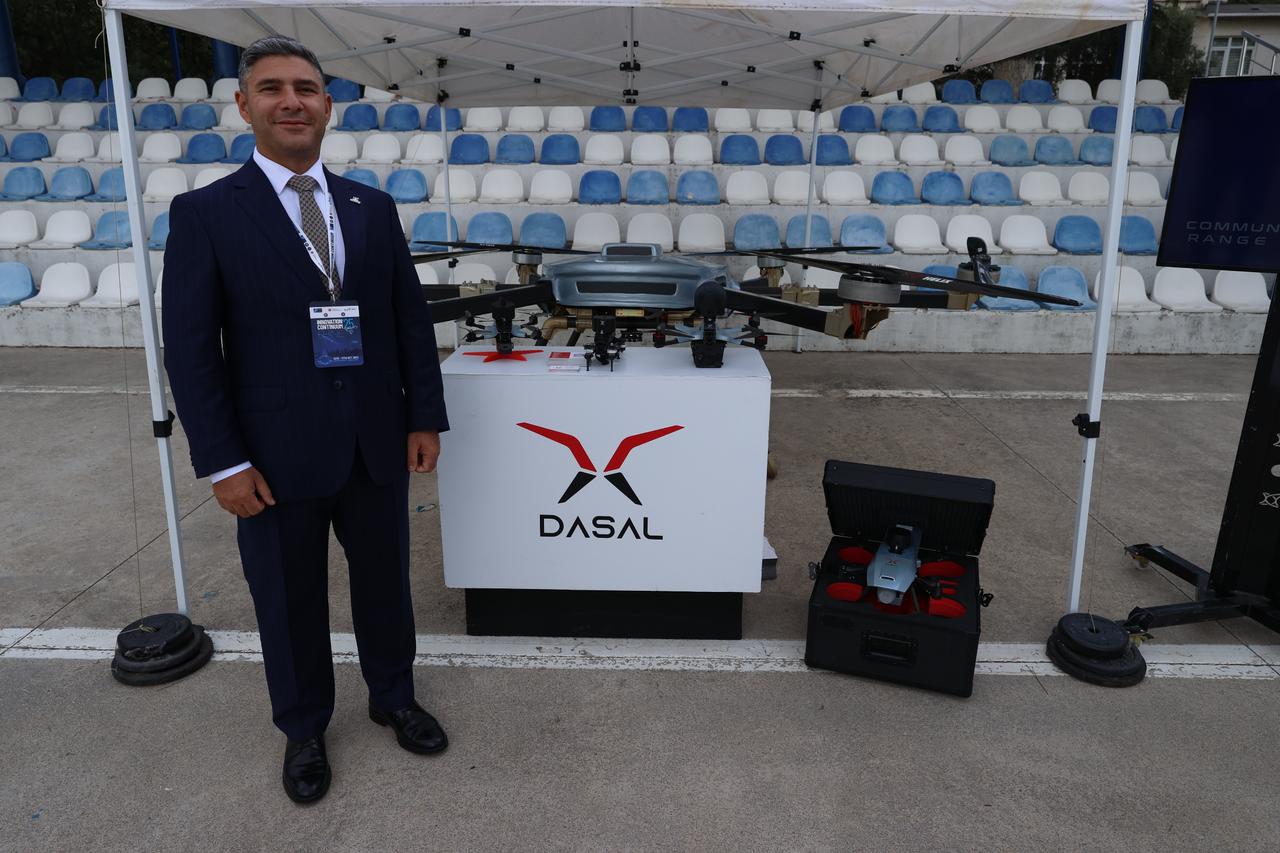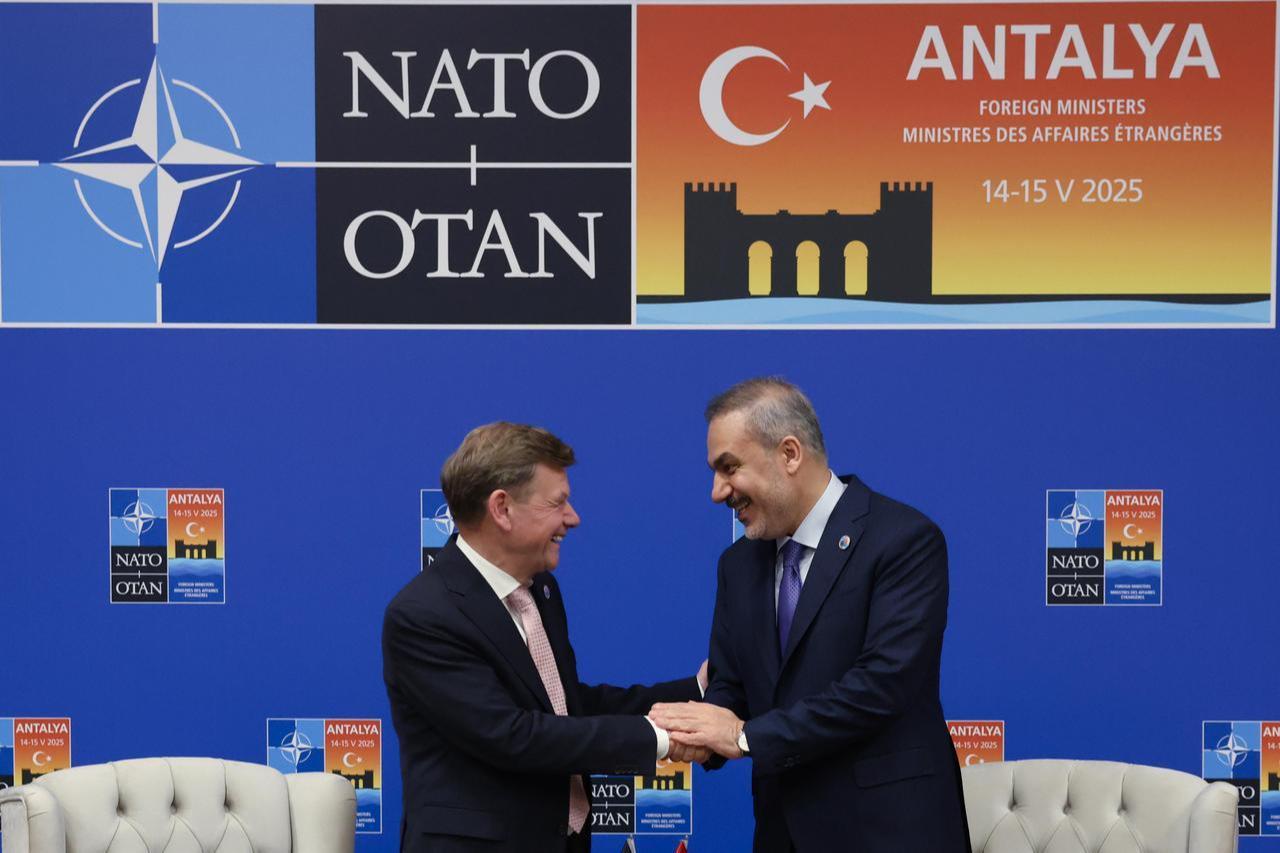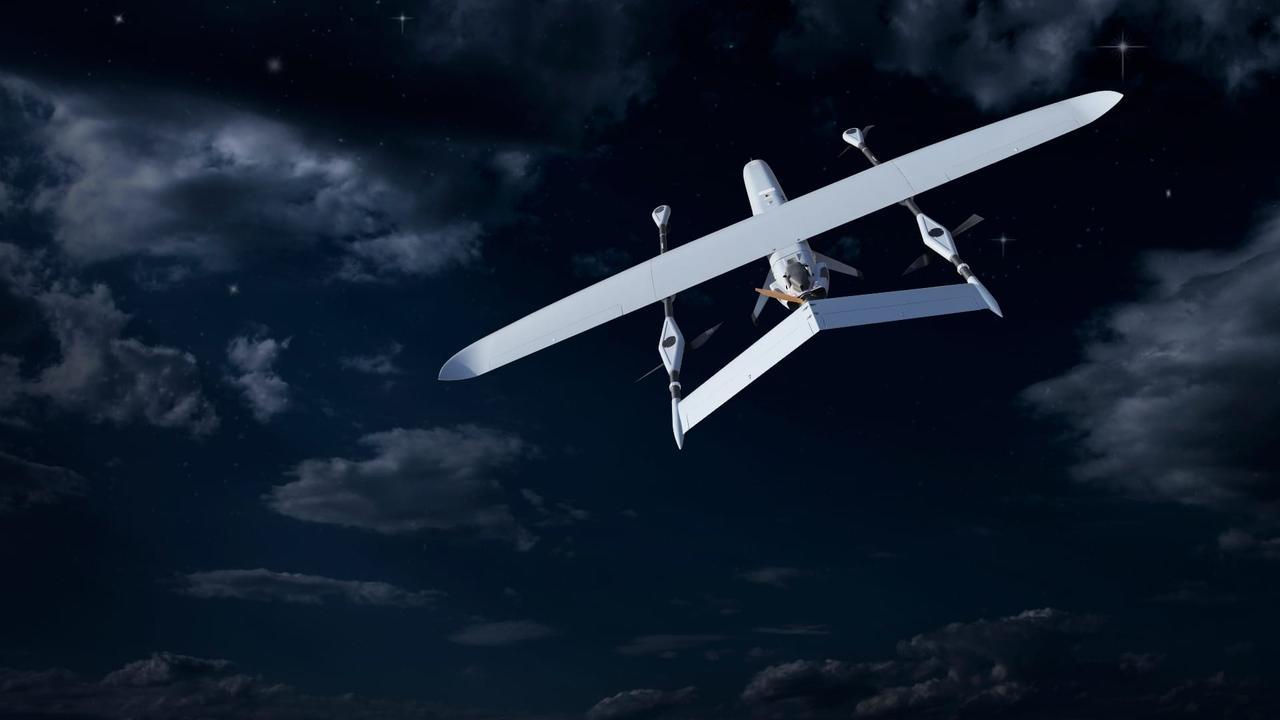
Turkish defense manufacturers successfully completed a series of complex military scenarios during a NATO innovation initiative, showcasing autonomous systems and artificial intelligence technologies alongside alliance partners.
13 Turkish companies, including major contractors ASELSAN, HAVELSAN, TUBITAK SAGE and DASAL, participated in the final demonstration phase of NATO's four-stage Innovation Continuity Initiative, held at Istanbul Technical University's Maritime Faculty. The exercise, led by NATO's Allied Command Transformation, brought together 50 organizations from across the alliance to test emerging technologies in realistic operational conditions.
The Turkish contingent worked with international partners on three primary mission sets: detecting and neutralizing drifting mines, protecting critical undersea infrastructure, and applying quantum technologies to defense challenges. The companies deployed integrated land, air and maritime unmanned systems that operated in coordination with other NATO assets.

"NATO is very large, and moreover, it is a market with the highest standards in terms of defense industry," said Murat Koc, general manager of DASAL Aviation. "When we consider NATO's unique standards, products that have proven themselves and gained acceptance here are more likely to be accepted in third markets as well."
The exercise required year-long preparation, with Turkish participants attending in-person events in Portugal and Canada, along with multiple online sessions where scenarios were developed incrementally. Koc emphasized that sustained participation in NATO activities supports Türkiye's defense export objectives. "Being continuously involved in these activities will be an important step in supporting our export targets in the coming period," he said.

HAVELSAN demonstrated ultra-wideband positioning technology that enables autonomous systems to navigate without relying on global positioning satellites. Systems engineer Esat Serhat Sucu explained the technology provides secure takeoff, landing and formation-flying capabilities for unmanned platforms.
"In real scenarios, we can encounter various problems, such as jamming or global navigation systems not working," Sucu said. The ultra-wideband solution offers precise positioning independent of cameras or GPS, allowing unmanned systems to safely navigate to maritime vessels, ground vehicles or fixed stations.
ASELSAN showcased artificial intelligence-enhanced navigation for autonomous underwater vehicles. Algorithm Development Team Leader Sertac Cakir said classical sensor fusion methods were augmented with machine learning to improve performance in subsurface operations.
"The results showed that when we do this with artificial intelligence, we get higher performance results," Cakir said. High-fidelity simulations demonstrated that AI-supported navigation achieved greater accuracy, enabling underwater systems to operate longer with improved reliability.
TÜBİTAK SAGE's Artificial Intelligence Applications Unit served as the primary intelligence provider in the floating mine detection scenario. Unit Director Talha Korkmaz said his team used drone imagery to identify suspicious objects and report findings through NATO's communication network.
The organization also announced AI pilot systems capable of controlling both friendly missiles and simulated adversary units. The technology learns evasion maneuvers against air defense systems and develops operational concepts for eliminating hostile forces.
The Presidential Defense Industries Agency coordinated Türkiye's participation. Additional Turkish companies in the exercise included Tualcom, Meteksan Defense, Sefine Shipyard, STM, Sonitus, ULAK Communication, Hyperever, Qubitrium and Koc Defense.